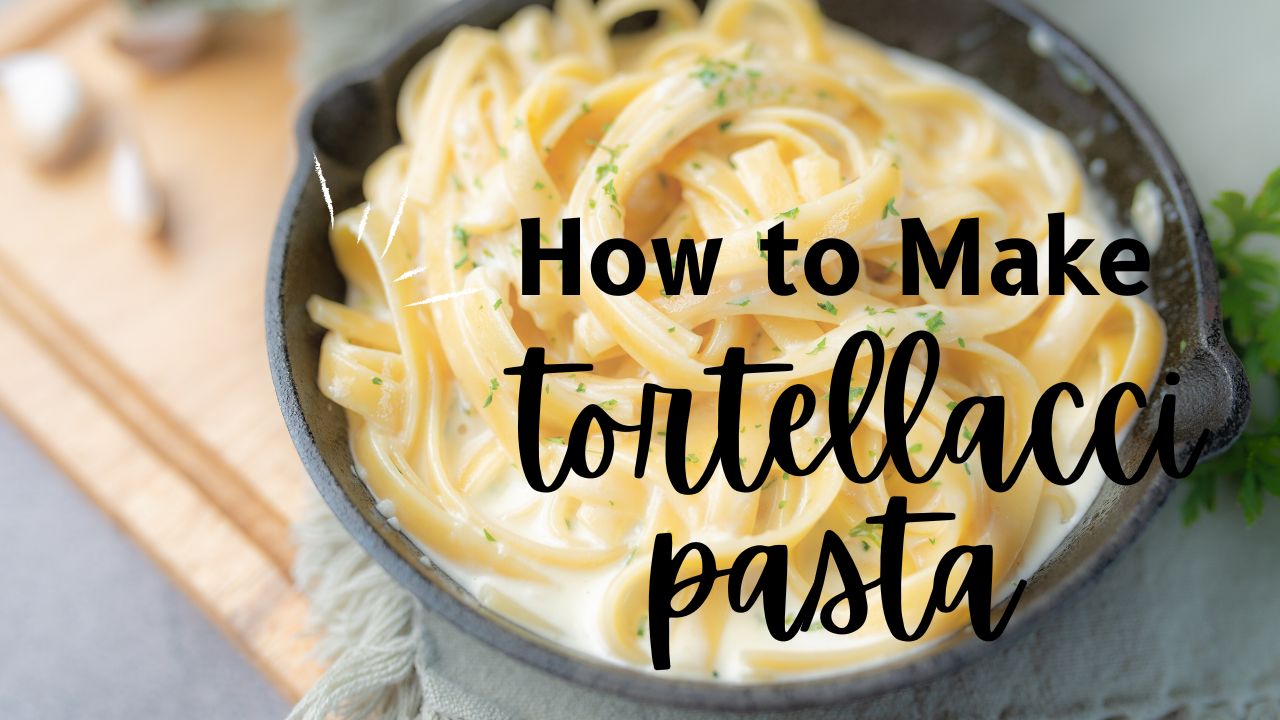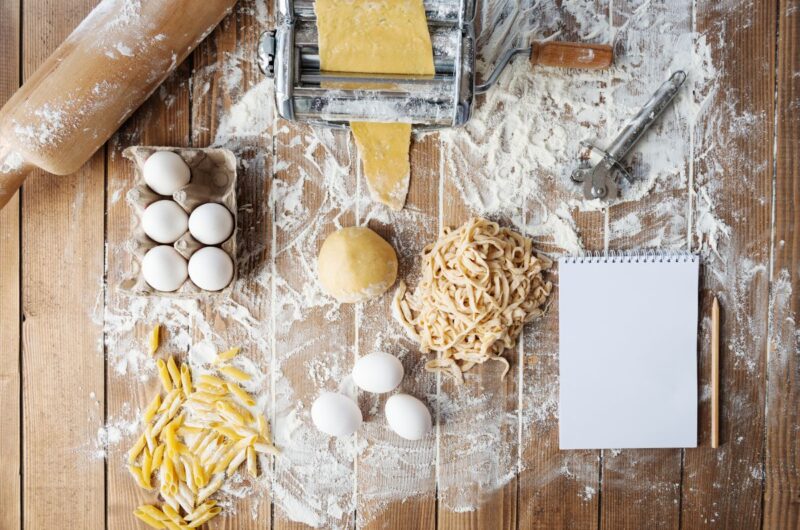Pasta has long been the comfort food of nations, a staple of countless family meals and a canvas for a seemingly endless variety of flavours. In the world of pasta, there’s a diversity that mirrors the global table, with each culture offering its beloved dishes. Among them, the Italian pasta scene is an undeniably rich and varied melting pot of shapes, sauces, and ingredients. For those who relish the warm familiarity of Italian pasta, the tortellacci stands out as both distinctive and delightfully versatile.
Crafting the Perfect Tortellacci Pillows: A Pasta-Making Odyssey
The enchantment of tortellacci begins with the pasta itself, a homemade delight that embodies the labor of love in a traditional Italian kitchen. The pasta dough is a fundamental essence, crafted from the simplest components—flour, eggs, and a touch of salt. Yet it’s in the execution, kneading, rolling, and shaping that these basic ingredients elevate themselves to the tender yet robust cushions that define tortellacci.
Below, you’ll find the quintessence of tortellacci—each step as crucial as the last, ensuring a perfect alchemy of texture and taste. The following recipe is not just an assembly of ingredients and instructions; it’s a guide to creating pasta that embraces you with every bite.
Delicious Tortellacci Pasta Recipe for Foodies and Home Cooks
Course: Dinner, RecipesCuisine: ItalyDifficulty: Easy2
servings15
minutes25
minutes270
kcalPasta has long been the comfort food of nations, a staple of countless family meals and a canvas for a seemingly endless variety of flavours. In the world of pasta, there’s a diversity that mirrors the global table, with each culture offering its beloved dishes.
Ingredients
2 cups all-purpose flour
Three large eggs
1/4 teaspoon salt
Step-by-Step Guide to Tortellacci Pasta Dough
- Begin by pouring flour onto a clean, dry work surface and making a well in the centre.
- Crack the eggs into the well and add the salt.
- With a fork, beat the eggs gently, slowly incorporating the flour from the sides of the well.
- Once the mixture becomes thick enough, knead the dough until it forms a ball.
- Knead the ball of dough for about 10 minutes, occasionally punching it (this is both great stress relief and a crucial part of the process).
- Wrap the dough in plastic and refrigerate for at least 30 minutes to allow the gluten to relax.
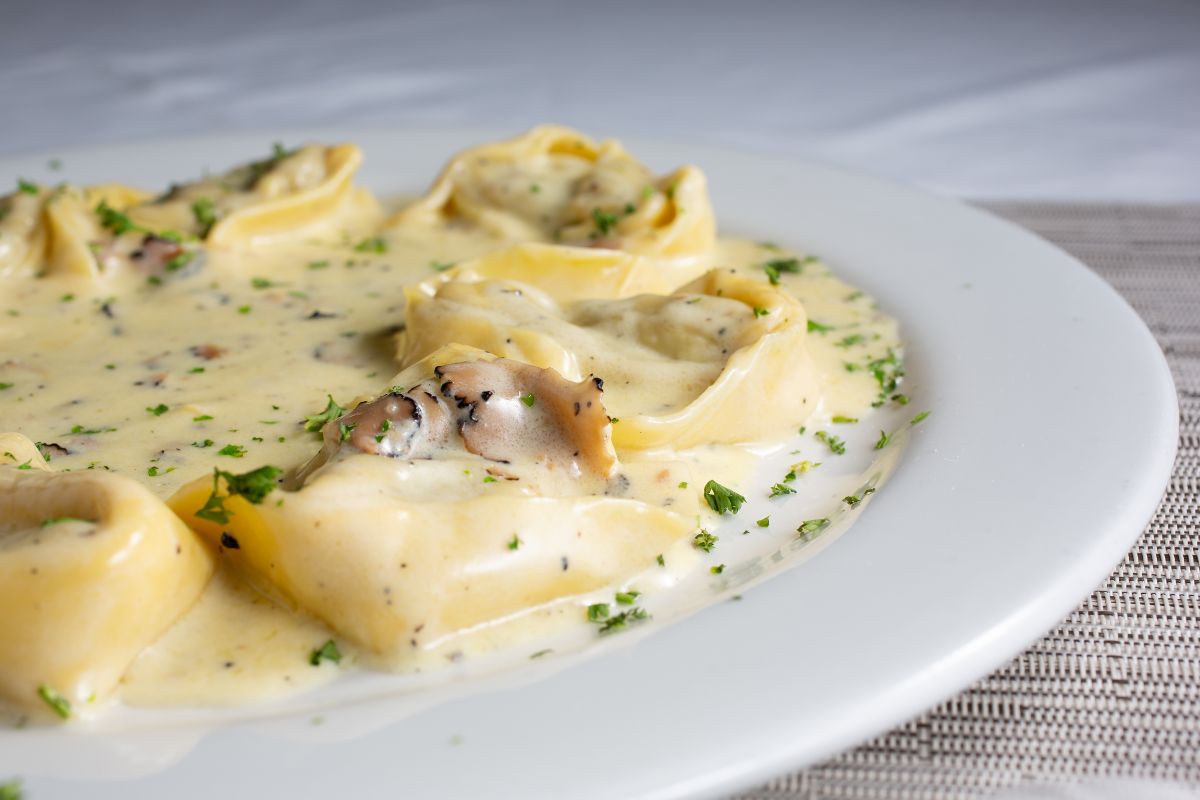
Recipe Video
For more delicious homemade cook recipes, check out here-
- Creamy Potato & Hamburger Soup / Crack Green Beans Cookbook / Crispy Chicken Fritta
- Patti LaBelle Mac and Cheese / Oshinko Roll Sushi / Bibingka Bisaya Recipe
- Chitterlings Recipe / Sopa de Salchichon Recipe / Belizean Panades Recipe
- Tennessee Onions Recipe / Butter Swim Biscuits / Wild Bills Beef Jerky Recipe
- Papas Locas / Hooters 911 Sauce / Mutkule Recipe / Santiago’s Green Chili Recipe /
- Texas Roadhouse Prime Rib Au Jus Recipe / 14 Best Selena and Chef Recipes
- Cajun Ninja Sticky Chicken / Veal Stew Recipe Italian / Corn Nuggets / Milanesa Steak
- Red Lobster’s Shrimp Scampi Recipe / Texas Roadhouse Chili
Filling Variations: A World of Flavors Within the Pasta
Tortellacci’s allure is not only the pasta’s prowess but the promise of the fillings that can grace it. From the plush thatch of ricotta and spinach to the earthy umami of mushroom-filled parcels, and even the sweet tenderness of butternut squash, the tortellacci fill is endlessly resourceful.
Customize Your Filling
To make a spinach and ricotta filling, for example, you’ll need:
- 1 cup cooked and chopped spinach
- 1 cup ricotta cheese
- 1/4 cup grated Parmesan cheese
- Salt and pepper
Steps to a Great Filling
- Mix the spinach, ricotta, and Parmesan in a bowl.
- Season with salt and pepper to taste.
- Consistency here is key—your filling should be firm enough not to ooze out of your pasta but soft enough to make eating a pleasure, so adjust your ricotta and Parmesan ratios as you see fit.
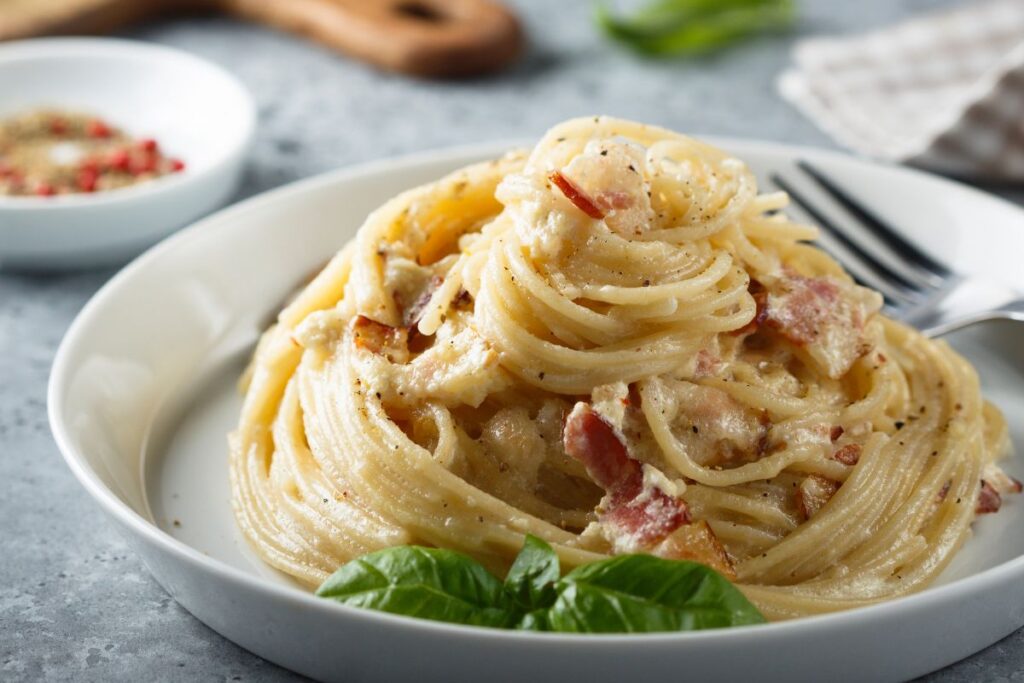
Cooking and Serving Tortellacci: A Quest for the Perfect Bite
The beauty of tortellacci doesn’t just lie in its form and flavor but in the diversity of its partner in crime—the sauce. From a simple sage and butter marriage to more complex tomato-based arrangements, the serving of tortellacci is as much an act of creativity as its preparation.
Cooking Methods for Tortellacci
Boiling tortellacci is a process of precision. Too long, the pasta will lose its desired al dente texture, be too short, and be tough and undercooked. Bring a pot of generously salted water to a rolling boil and cook the tortellacci until they float to the surface, then give them another minute or two before removing them from the heat.
Serving Suggestions and Garnishes
Each tortellacci invites culinary adventure, but there are classics for a reason. A drizzle of herb-infused extra virgin olive oil or a creamy gorgonzola sauce indulgence can turn your pasta into a canvas of savoury triumph. Complement your dish with a sprinkle of fresh parsley, a grating of nutty Parmigiano-Reggiano, or a pinch of red pepper flakes to add a kick. Serve with a basket of fresh bread and a robust Chianti for a meal that would make Nonna proud.
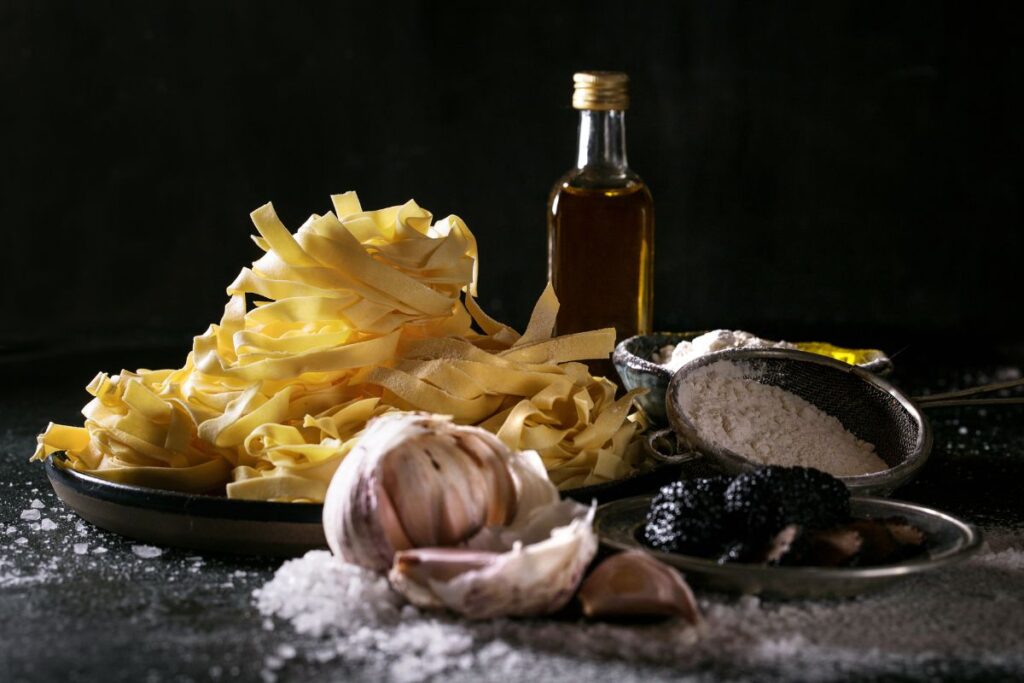
Tips and Tricks for Pasta Perfection
Creating tortellacci is an art, albeit a very edible one. Here are a few tips to guide you to pasta nirvana:
The Knead for Patience
Tortellacci dough loves attention—it requires good kneading to develop its gluten properly and become the supple vehicle for your fillings. Don’t rush this step, as it’s critical to the final texture.
Size and Shape Matter
When cutting your dough, be mindful of the size. Too small, and you’ll lose the generous filling-to-pasta balance that makes each bite satisfying. It is small enough, and you’ll need help with overfilling and sealing.
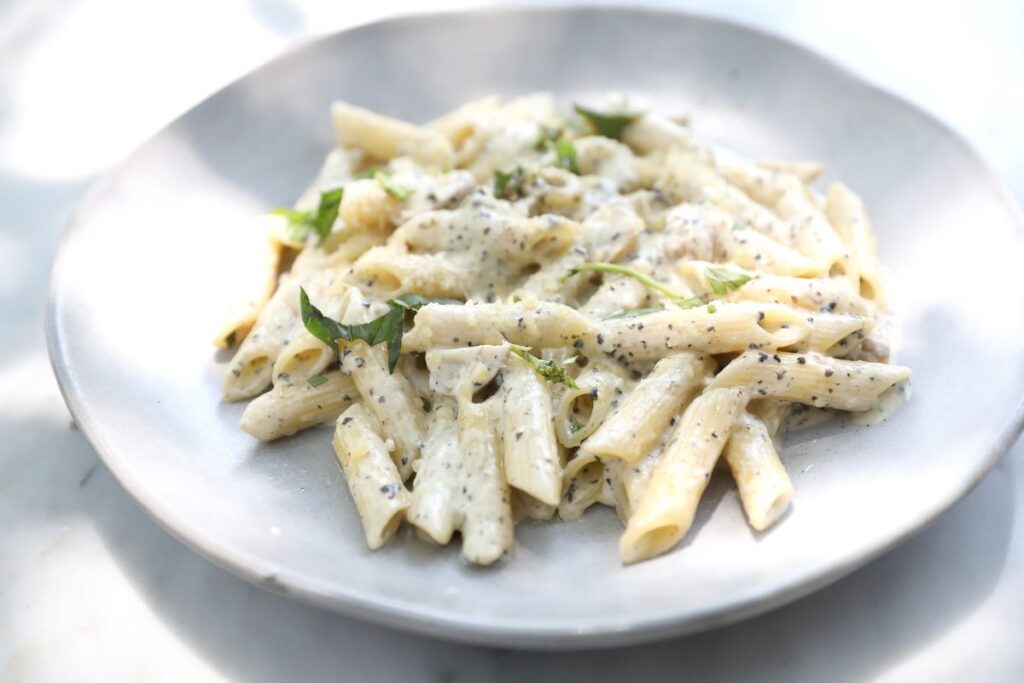
Storage and Storing
If you’re making tortellacci for a future feast, it’s best to freeze them uncooked. Lay them on a lined tray and freeze them individually before transferring them to a bag or container. They’ll keep for up to a month, just waiting for a night when you need the comfort of fresh pasta.
Pairings Made in Pasta Heaven
The delightful thing about tortellacci is its flexible nature. Sweet or savoury, delicate or bold, there’s a pairing out there to suit every mood and meal. Whip up a beurre noisette (brown butter sauce) with crispy sage for an autumnal treat, or nestle your tortellacci in a creamy mushroom sauce for a hearty winter’s night.
Viva la Pasta!
In conclusion, tortellacci is more than a dish; it’s a testament to the richness and variety of one of the world’s favorite food groups. With patience, passion, and a pinch of creativity, it’s a dish any home cook can master. Whether you’re looking for a way to impress at your next dinner party or simply to celebrate the joy of food, homemade tortellacci is always a good choice. Bring the flavors of Italy into your kitchen, and allow the comfort of pasta to bring you to the table and to those you love.
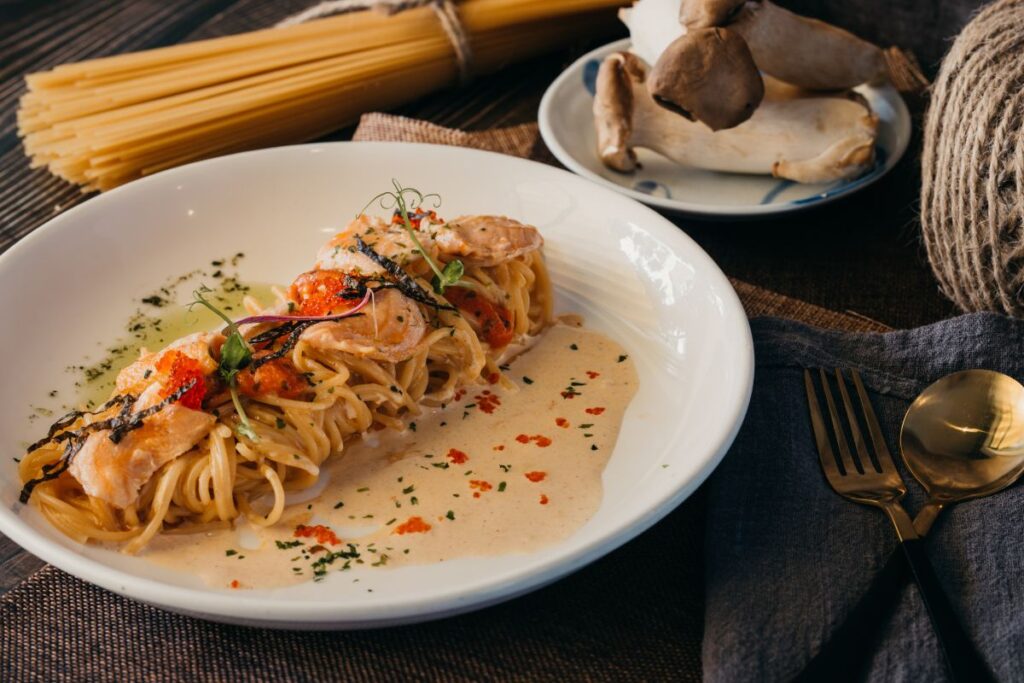
Now, with a rolling pin in hand and your kitchen a stage, it’s time to start your tortellacci odyssey. Buon appetito! Next time you’re craving pasta, don’t settle for a basic spaghetti dish. Instead, try making your homemade tortellacci and discover the endless possibilities of fillings and sauces that can elevate this humble Italian staple to new heights. You can create delicious and satisfying tortellacci that will impress even the most discerning palates with a little patience, practice, and creativity. So grab your ingredients, add some Italian music, and get ready to experience the art of homemade tortellacci! As you continue your culinary journey, remember that the key to a great dish is not just following a recipe but infusing it with your personal touches and flavours. Feel free to experiment and make the dish your own. After all, that’s what cooking is all about – creating something delicious and uniquely yours to share with others. So go forth, embrace the art of pasta-making, and enjoy every delicious bite of tortellacci. The possibilities are endless! Happy cooking! Cheers to homemade pasta perfection! Salute! Ciao for now!
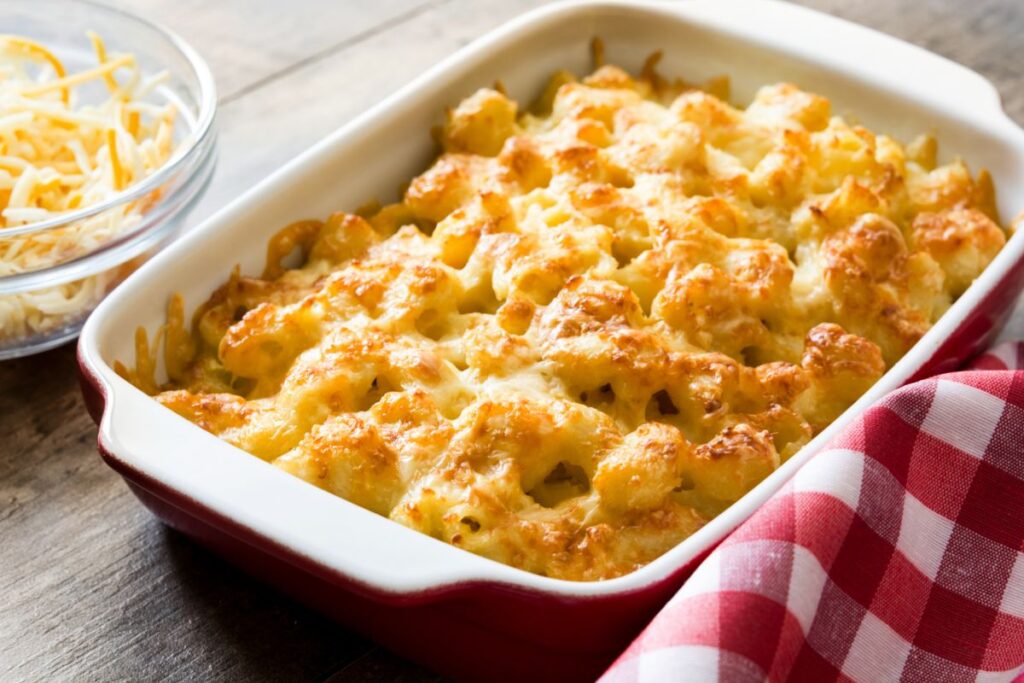
Conclusion
Today, you’ve embarked on a culinary adventure, crafting your tortellacci pasta from scratch. There’s something immensely satisfying about creating a dish from a few simple ingredients; it connects us to our food and the traditions that have formed around it. It’s an experience to be relished and shared.
We encourage you to try this recipe; more than that, we’d love to hear about your experience. Did you make any exciting customizations? Did you pair it with a sauce that sang? Share your tale and your tantalizing tortellacci photos with us. Remember, the joy of food lies in the community it creates, and we can’t wait to be a part of yours. Buon appetito!
—
Are you feeling inspired to cook up more Italian delights? Follow us for more recipes, or share your own on our social media channels. We’d love to hear from you!
Important FAQ about Tortellacci Pasta Recipe Cooking
Q: Can tortellacci be prepared in advance?
A: Yes, tortellacci can be prepared in advance. After shaping, they can be frozen on a baking sheet and stored in an airtight container in the freezer for up to a month. Cook straight from frozen; add a minute or two to the boiling time.
Q: What are the best fillings for tortellacci?
A: Tortellacci can be filled with various ingredients, including ricotta and spinach, pumpkin, mushrooms, or even a meaty ragu. The key is to use fresh, quality ingredients for the best flavour and to ensure the filling is dry enough.
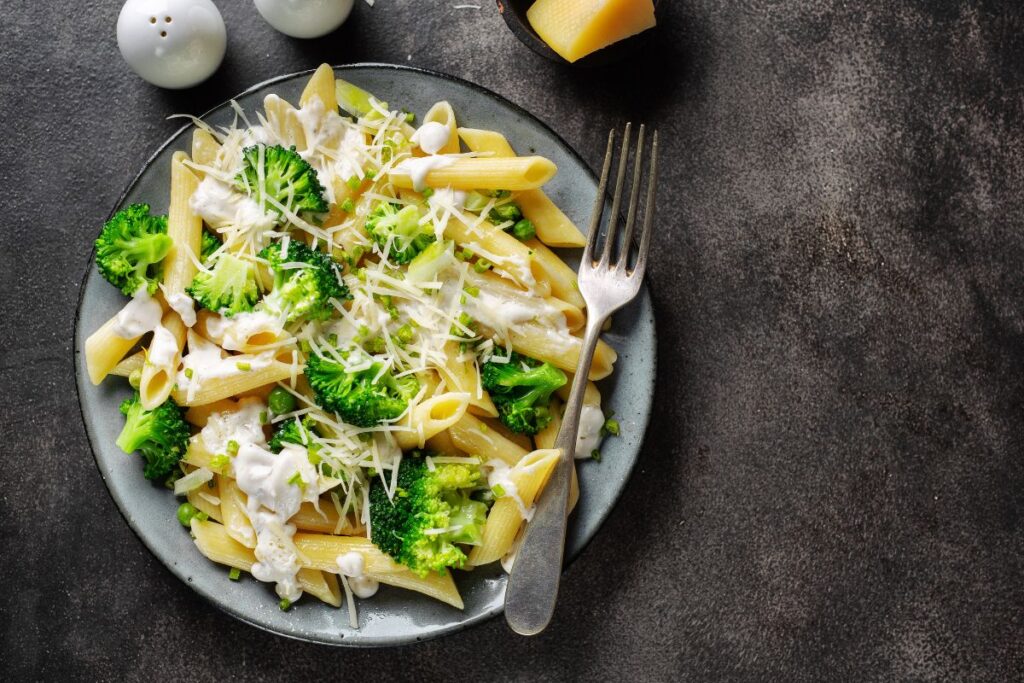
Q: How can I prevent my tortellacci from bursting while cooking?
A: To prevent bursting, ensure the edges are sealed tightly after filling. Avoid overfilling, and ensure there’s no air trapped inside before closing. Also, gently add them to boiling water and avoid overcooking.
Q: Can I use store-bought pasta dough to make tortellacci?
A: Absolutely. While homemade pasta dough is preferred for its freshness and texture, store-bought pasta sheets can be a good shortcut. Just be sure to choose high-quality, fresh pasta dough when available.
Q: What are some common mistakes to avoid when making tortellacci?
A: Common mistakes include over or under-kneading the dough, not salting the pasta water enough, overfilling the tortellacci, and not sealing the edges properly. Also, avoid cooking them at a full rolling boil, as it could force them to burst.
By considering these questions and their answers, you’ll be better prepared to tackle the art of making tortellacci and enjoy a delicious, authentic Italian meals.

